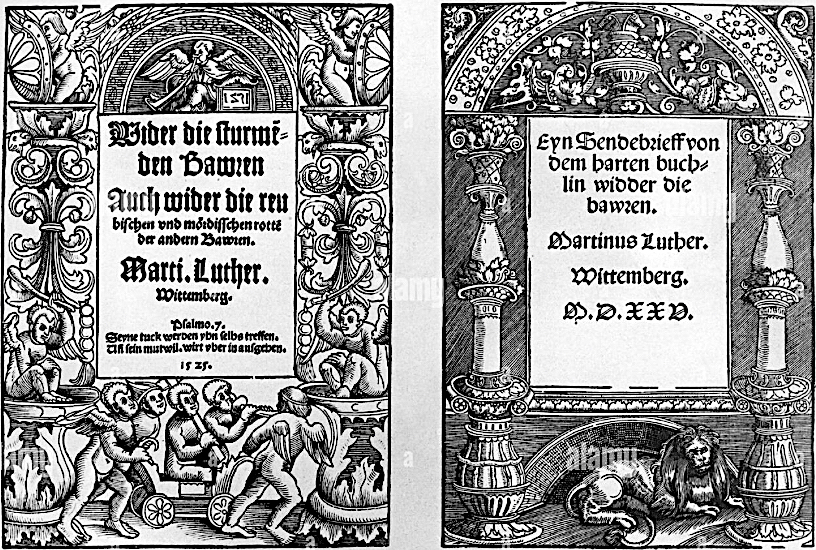


Sola Scriptura ("By Scripture Alone")
This principle asserts that the Bible is the sole and ultimate authority in all matters of faith and practice. "Scripture alone is the standard by which all teachings and doctrines of the Church must be evaluated." This marks the first significant opposition to the Catholic Church, which claimed exclusive authority to define the proper meaning and interpretation of the Bible.
Sola Fide ("By Faith Alone")
If salvation is not attained through works, it is instead granted through trust in God. Faith, as described in Romans 10:17, is inseparably linked to the message of the Bible. It is through this faith that believers come to experience divine grace.
Sola Gratia ("By Grace Alone")
A hallmark of Luther's Reformation, this tenet emphasizes that salvation is not earned by moral or religious deeds. For Luther, salvation, being entirely dependent on God, invites believers into a relationship of trust and certainty in the free and unmerited nature of God’s gift. By proclaiming justification as a free gift, Luther sought to eliminate the fear of failing to meet God’s expectations.
Solus Christus ("Christ Alone")
Luther taught that the Bible’s central message is found in its teachings about Jesus Christ, particularly as presented in the Gospels and the Epistles—most notably in the Epistle to the Romans. For those adhering to the principle of Solus Christus, salvation is understood as coming solely through Christ. In other words, Jesus is the exclusive mediator of salvation, with no reliance on other intermediaries such as the Church, saints, or relics.
Soli Deo Gloria ("To God Alone Be the Glory")
This declaration underscores that worship is reserved exclusively for God. No human, whether living or deceased, nor any object or symbol, is deserving of divine honor. Only God is sacred, absolute, and worthy of glory.